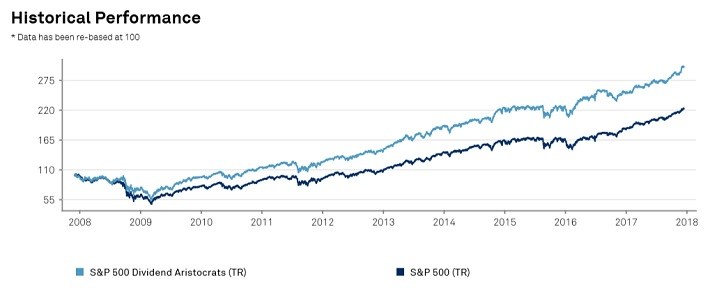Warren Buffett, Chairman and CEO of Berkshire Hathaway (BRK-A) (BRK-B), is arguably the greatest investor of all time. Buffett took a declining textile mill and turned it into one of the largest conglomerates in the world.
Berkshire has a hand in nearly every industry in the economy. Its portfolio of business subsidiaries includes GEICO, Fruit of the Loom, See’s Candies, and many more. Berkshire also has a massive investment portfolio of publicly-traded stocks.
According to Berkshire’s most recent 13F filing with the SEC, the investment portfolio has a total value of $177.68 billion, spread across a number of blue-chip stocks. You can see Buffett’s top 20 highest-conviction stocks here.
Buffett is well-regarded as the world’s foremost value investor. While Buffett is a value investor, he is not a ‘deep value’ investor. Buffett’s investment style is to buy into great businesses at fair or better prices, rather than to buy into poor businesses at excellent prices.
In addition to hunting for value among quality stocks, Buffett also holds many dividend stocks. High quality stocks produce large cash flows, and these companies often pay out a portion of their cash flows as dividends.
For example, Buffett’s fourth-largest stock holding, Coca-Cola (KO), is a Dividend Aristocrat, a group of 51 stocks in the S&P 500 Index with 50+ consecutive years of dividend increases.
You can see all 51 Dividend Aristocrats here.
Value and income investing are not mutually exclusive—but many of the value stocks Buffett holds do pay dividends.
This article will discuss why even though Buffet is primarily known as a value investor, he is also a big fan of dividends as well.
Buffett’s Value Investing vs. Dividend Investing
In seeking value, Buffett aims to buy stocks that are trading for less than their true worth. This is often referred to as intrinsic value, or the real long-term value of a company.
Value investors seek to calculate the intrinsic value of a stock. This is done with various valuation techniques. One of the most common forms of valuation is discounted cash flow analysis, which calculates the present value of a stock based on the future cash flows of company, using a discount rate based on a firm’s cost of capital.
Meanwhile, dividend investing is the practice of buying stocks that pay dividends to shareholders, and raise their dividends over time. At Sure Dividend, we are constantly recommending investors interested in building long-term wealth, consider the list of Dividend Aristocrats.
The reason the Dividend Aristocrats can be such rewarding investments to generate long-term wealth, is that they have consistently generated returns significantly above the S&P 500 Index, and non-dividend payers.

Source: S&P 500 Fact Sheet
The ability to raise dividends over long periods of time is no small feat. Companies can massage and manipulate certain financial reporting metrics like earnings-per-share, but dividends cannot be faked. Companies must generate positive cash flow to pay dividends, and to be a Dividend Aristocrat, must demonstrate the ability to raise dividends for 25+ consecutive years.
The past 25 years included several recessions, global conflicts, and periods of great social and economic uncertainty. And yet, the Dividend Aristocrats have continued to churn out reliable profits, and pay their shareholders higher dividends each year. They are among the strongest dividend growth stocks.














Leave A Comment